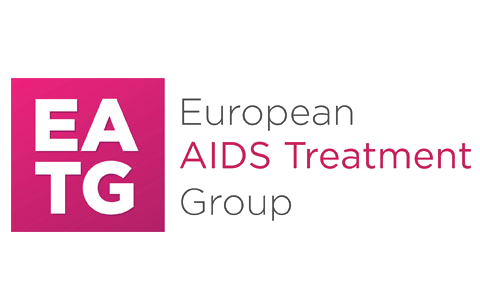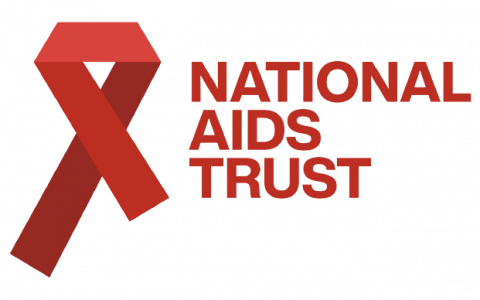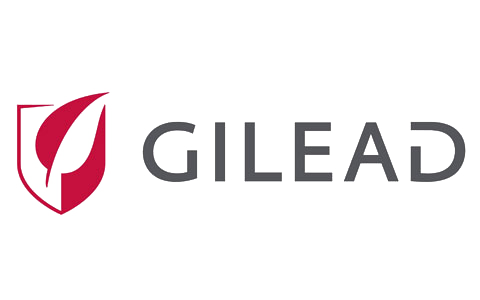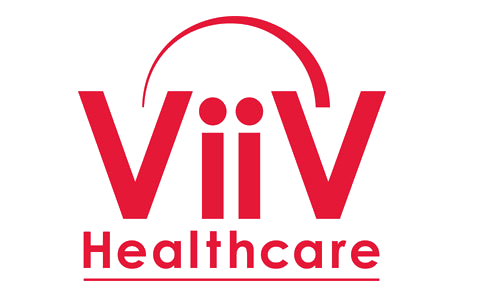About Us

For those diagnosed and treated early, HIV is now a long-term, rather than fatal, condition. HIV Outcomes aims to address the needs generated by increased life expectancy, by looking to improve health outcomes and quality of life of people living with HIV in the long-term.
Vision and Mission
The HIV Outcomes initiative was created in 2016. It reflected a widespread recognition among experts that important issues of health and social inclusion of people living with HIV receive insufficient attention from policy makers and healthcare providers. The initiative aims to make these elements central to the overall response to HIV.
Vision
A world in which people living with HIV enjoy the highest possible health-related quality of life (HRQoL).
Mission
We seek to build political support and policy measures to deliver integrated person-centered healthcare and clinical changes that deliver improved HRQoL of all people living with HIV across Europe – and thereby improve the sustainability of European healthcare systems – by sharing evidence-based best practices and innovative approaches to care.
Our Journey
While important progress has been made in the global response to HIV/AIDS in Europe, the WHO European region – and in particular Eastern Europe – now has the fastest growing HIV epidemic globally. At the same time, people living with HIV are living longer, which has created new challenges relating to the prevention, treatment, and management of comorbidities (co-existing medical conditions) as well as health-related quality of life.
HIV Outcomes began its journey in 2016 by bringing together patient organisations, medical professionals, academics, public institutions and the private sector to align on a new policy and clinical agenda to address the crucial unmet needs of people living with HIV – to ensure that they can live longer in good health, and participate fully in society. The initiative was formally launched in December 2016 with support from members of the European Parliament, Christofer Fjellner (EPP, Sweden) and Eva Kaili (S&D, Greece).
HIV Outcomes reflects a widespread recognition among experts that important issues of health and social inclusion of people living with HIV receive insufficient attention from policy makers and healthcare providers. The initative aims to make these elements central to the overall response to HIV. We seek to complement existing work in prevention, diagnosis, treatment and care by developing sustainable approaches – including improved prevention, screening and diagnosis of comorbidities – that meet the specific long-term needs of people living with HIV.
In an era when ageing populations and health system sustainability are central challenges for all European countries, HIV Outcomes also aims to promote innovative approaches to improve long-term health-related quality of care in a sustainable manner, whilst ensuring patient-centred healthcare delivery. Governments and health systems must respond to the fact that people are living longer and ensure their good health-related quality of life as they grow older and can lead successful, productive and rewarding lives.
In 2017, HIV Outcomes launched recommendations in the European Parliament on the long-term health, well-being and chronic care of people living with HIV with cross-party support at the European Parliament from the Alliance of Liberals and Democrats for Europe (Gesine Meissner, Germany), the European People’s Party (Christofer Fjellner, Sweden) and the Socialists and Democrats (Eva Kaili, Greece) as well as former European Commissioner for Health, Vytenis Andriukaitis. The recommendations are the outcome of a year-long collaborative process to capture the perspectives and expertise of people living with HIV, clinicians, public health professionals, and the wider HIV community.
HIV Outcomes has been present at a number of other important conferences since its inception, with abstracts showcased at the International AIDS Society conference in Paris 2017, HIV Drug Therapy Glasgow 2018 and the International Conference on Integrated Care 2019 in San Sebastian. HIV Outcomes also hosted a workshop in Amsterdam during the AIDS 2018 conference to contribute to our Compendium of Good Practices. In 2019, HIV Outcomes Co-Chairs Jeffrey Lazarus and Jane Anderson led and published ‘The Lancet HIV Series on HIV Outcomes: Beyond Viral Suppression‘, whose key learnings were later discussed in 2020 at a webinar hosted by HIV Outcomes on the Health Policy Platform.
In 2021, HIV Outcomes contributed to the development of the Global AIDS Strategy for 2021-2026 led by UNAIDS. Our purpose was to shift the focus beyond viral suppression and factor in the Strategy the issues affecting the health-related quality of life of people living with HIV. In late 2020, we held a virtual Focus Group Discussion alongside UNAIDS in which we agreed on six recommendations on how the Strategy could consider the well-being and health-related quality of life of the HIV population with input from over 30 HIV-related stakeholders from all over the world. The output of this discussion fed into a later workshop also held with UNAIDS on how to define the health-related quality of life of the people living with HIV. The Steering Group and General Members of HIV Outcomes, together with representatives of the World Health Organization and UNAIDS, identified at this workshop the main physical, mental/emotional, and social challenges affecting the health-related quality of life of people living with HIV. The conclusions that emerged were captured in a formal communication to UNAIDS. In the final draft of the Global AIDS Strategy for 2021-2026 approved in March 2021, UNAIDS took on board many of our suggestions concerning the need to support progress in ensuring a better quality of life for people living with HIV.
Meet our Leadership
In this video, Mario Cascio (HIV Outcomes co-founder and co-chair), Caroline Sabin (HIV Outcomes co-chair), and Jane Anderson (HIV Outcomes co-founder and former co-chair) share what inspired them to be part of this multi-stakeholder initiative, reflect on the significant achievements over the past years, and look to the future of HIV Outcomes.







